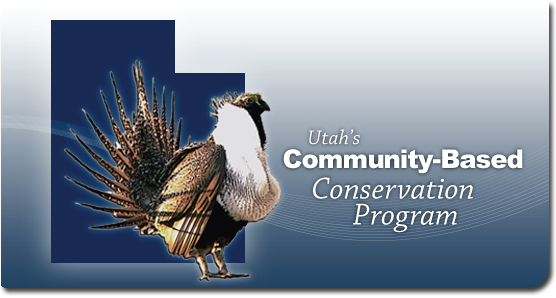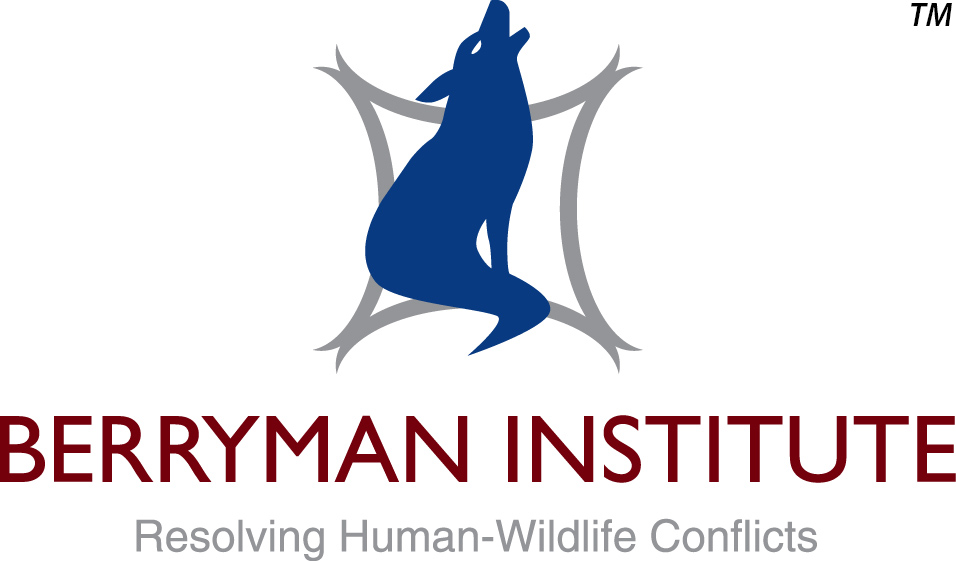Document Type
Article
Journal/Book Title/Conference
Nature Conservation
Issue
44
Publisher
Pensoft Publishers
Publication Date
5-28-2021
First Page
51
Last Page
68
Creative Commons License

This work is licensed under a Creative Commons Attribution 4.0 License.
Abstract
Outdoor recreation is increasingly recognised for its deleterious effects on wildlife individuals and populations. However, planners and natural resource managers lack robust scientific recommendations for the design of recreation infrastructure and management of recreation activities. We reviewed 38 years of research on the effect of non-consumptive recreation on wildlife to attempt to identify effect thresholds or the point at which recreation begins to exhibit behavioural or physiological change to wildlife. We found that 53 of 330 articles identified a quantitative threshold. The majority of threshold articles focused on bird or mammal species and measured the distance to people or to a trail. Threshold distances varied substantially within and amongst taxonomic groups. Threshold distances for wading and passerine birds were generally less than 100 m, whereas they were greater than 400 m for hawks and eagles. Mammal threshold distances varied widely from 50 m for small rodents to 1,000 m for large ungulates. We did not find a significant difference between threshold distances of different recreation activity groups, likely based in part on low sample size. There were large gaps in scientific literature regarding several recreation variables and taxonomic groups including amphibians, invertebrates and reptiles. Our findings exhibit the need for studies to measure continuous variables of recreation extent and magnitude, not only to detect effects of recreation on wildlife, but also to identify effect thresholds when and where recreation begins or ceases to affect wildlife. Such considerations in studies of recreation ecology could provide robust scientific recommendations for planners and natural resource managers for the design of recreation infrastructure and management of recreation activities.
Recommended Citation
Dertien, Jeremy S.; Larson, Courtney L.; and Reed, Sarah E., "Recreation Effects on Wildlife: A Review of Potential Quantitative Thresholds" (2021). All Publications. Paper 3.
https://digitalcommons.usu.edu/public_land-recreation-all/3



